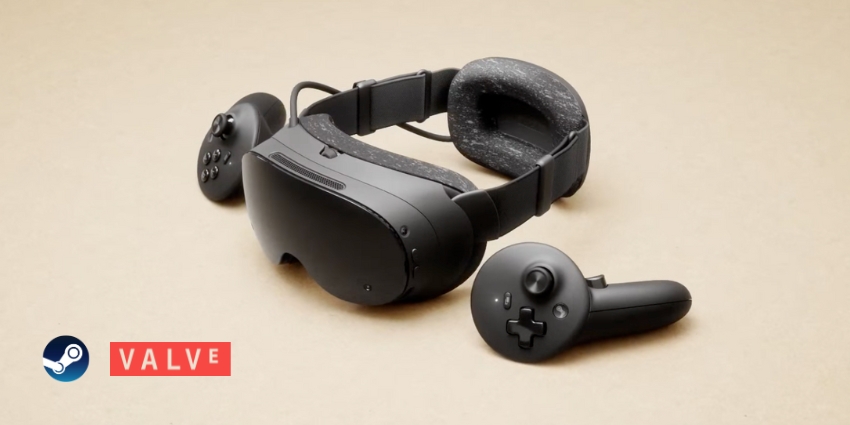If there’s one thing Mark Zuckerberg has proven over the past five years, it’s that he’s not afraid to burn cash for a long-term bet. And right now, that future still looks a lot like a pair of glasses.
At Meta Connect 2025, the CEO doubled down (again) on his vision that extended reality (XR) will eventually replace the smartphone. But as Meta’s latest earnings show, that dream continues to come with a staggering price tag.
Billions Down the Rabbit Hole
Meta’s Reality Labs division, home of their Meta Quest headsets and Ray-Ban AI smart glasses, reported an operating loss of $4.4 billion for the third quarter. The division pulled in $470 million in sales, beating Wall Street’s estimates but doing little to soften the impact of a cumulative $70 billion in losses since late 2020.
Zuckerberg’s Long-Term Bet
As Meta Connect 2025 demonstrated, Zuckerberg is betting big on the future of augmented reality wearables. AI-enabled smart glasses were the star of the show, with the company announcing the next generation of their Ray-Ban collaboration, as well as a new Oakley partnership. Meta is betting that smart glasses will eventually replace smartphones entirely, a vision seemingly shared by Samsung and Apple. Despite the significant losses, Zuckerberg is playing the long game, hoping that the market will catch on to their tech.
Zuckerberg:
“Everyone who has glasses is pretty quickly going to upgrade to smart glasses over the next decade… and a lot of other people who aren’t wearing glasses today are going to end up wearing them, too.”
A Glimmer of Hope Behind the Lenses
The good news? Meta’s new Ray-Ban Meta Display glasses appear to be its first real hit. Launched in September, the glasses come with an integrated display and a neural wristband that reads subtle hand signals – a leap toward Zuckerberg’s oft-repeated dream of “invisible computing.” Their previous collaboration sold an impressive 2 million units, albeit at a more competitive price of $299. It proves people want wearable tech – they just want to look normal while doing it.
It’s a subtle but important shift. The hype around virtual worlds has cooled, but the tech underpinning them – sensors, displays, neural interfaces – is finding new life in AI-driven consumer hardware. Instead of coaxing people into digital spaces, Meta seems to be bringing digital intelligence into the physical world.
The Metaverse Rebranded
Perhaps the clearest sign of Meta’s strategic pivot came quietly this week: Vishal Shah, the executive who had been leading the company’s metaverse efforts, has been reassigned to Superintelligence Labs as VP of AI products. In corporate speak, that’s a reshuffling. In industry terms, it’s a rebrand.
Meta doesn’t want to talk about “the metaverse” anymore – not because it’s dead, but because it’s evolving. The same technologies that once powered Horizon Worlds now drive smart glasses that understand their environment, recognize objects, and gel with people’s day-to-day workflows. If the metaverse was about immersion, this new chapter is about integration.
The Multi-Billion Dollar Question
Meta’s XR story is still one of massive investment and uncertain reward. Yet this quarter offers the faintest hint that the tide may be turning. Consumers are beginning to buy – not just believe – in Zuckerberg’s long game.
The question is how long that game can last before investors lose patience. With $70 billion sunk into Reality Labs and profitability nowhere in sight, even a wildly successful AI glasses launch might not balance the books anytime soon.
Just don’t expect Zuckerberg to blink first…







